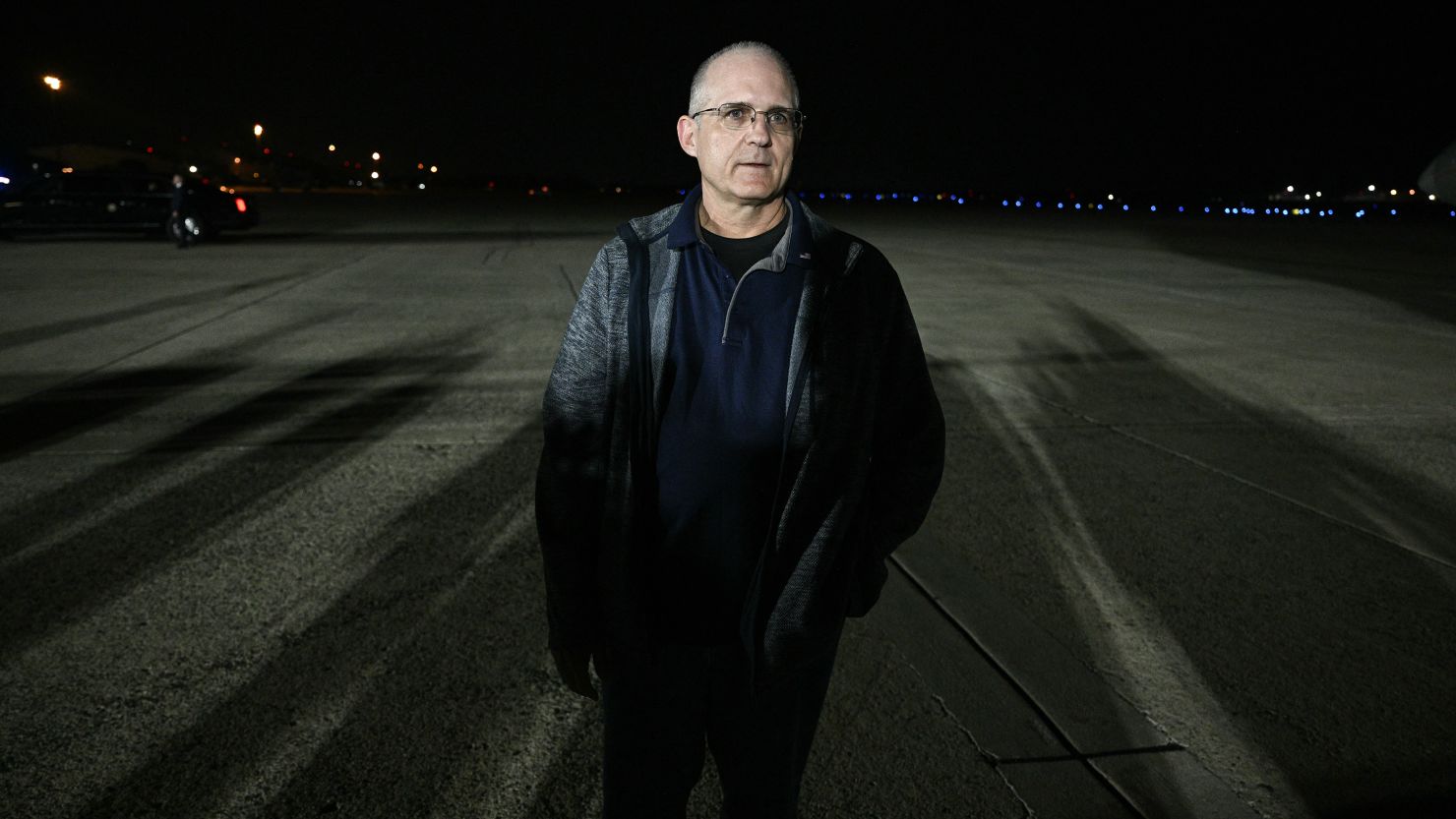Paul Whelan, an American who endured five and a half years of wrongful detention in Russia, recently shared insights into his experience during an appearance on CBS’ “Face the Nation.”
He revealed that he passed intelligence gathered from fellow prisoners who were sent to fight on the frontlines in Ukraine to Western officials representing the United States, the United Kingdom, Canada, and Ireland, the countries for which he holds citizenship. This communication sheds light on the intricate networks of information that exist even within the confines of a Russian labor camp.
In his interview, Whelan detailed how he and other inmates managed to maintain contact with former prisoners at the frontlines through the use of “burner” phones. Despite the risks involved, they acquired these illegal devices, enabling them to relay critical information.
Whelan pointed out that prison guards were often complicit in this communication, turning a blind eye to the use of these phones in exchange for goods like cigarettes. This arrangement highlights the significant power imbalances and corruption present within the Russian prison system, where even basic items can influence the behavior of guards.

Paul Whelan Reveals Details of Information Sharing During Wrongful Detention in Russia
During his time in detention, Whelan received regular visits from consular officials from the four countries, who monitored his well-being and provided updates on efforts to secure his release. He described the grim reality for the 450 prisoners from his camp who were recruited to fight in Ukraine, primarily by mercenary groups like the Wagner Group.
Many of these young men, hailing from Central Asian countries, faced traumatic experiences on the battlefield, resulting in physical injuries and psychological scars, such as PTSD.
Whelan expressed deep concern for the young men used as “cannon fodder” in the conflict, emphasizing that they were often sent into perilous situations, like walking through minefields.
He criticized the Russian government’s tactics, suggesting that President Putin is sacrificing a generation of youth in what appears to be an increasingly pointless war. Whelan’s comments reveal the human cost of such military strategies and highlight the tragic fate of those caught in the crossfire.
Ultimately, Whelan’s release earlier this year as part of a significant prisoner exchange underscores the complexities of international negotiations in the context of geopolitical conflicts.
This historic swap involved the return of eight individuals to Russia in exchange for 16 detainees, including four Americans, reflecting the intricate and often fraught nature of diplomacy between nations. Whelan’s story serves as a poignant reminder of the personal toll of such conflicts and the resilience of those who endure them.
